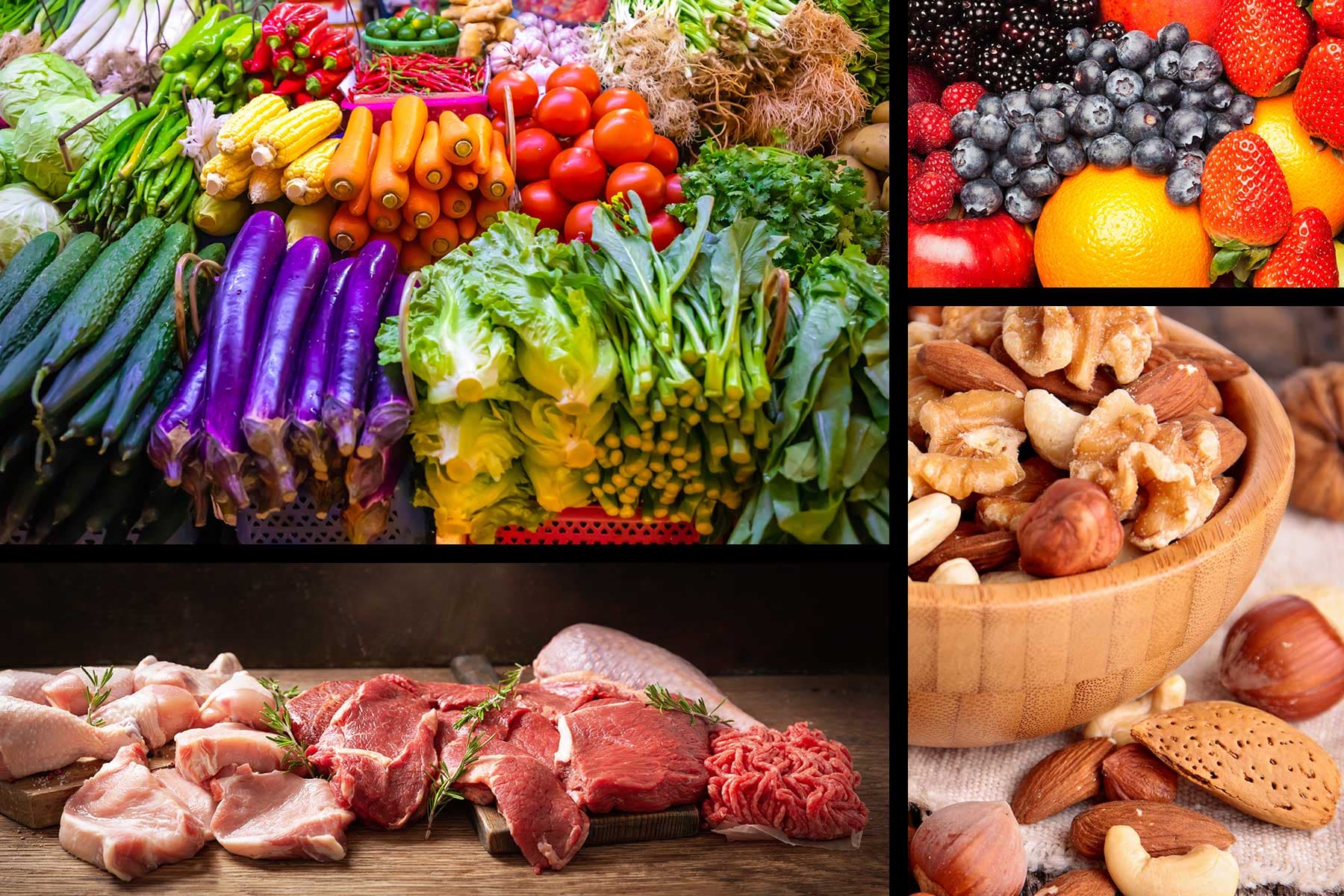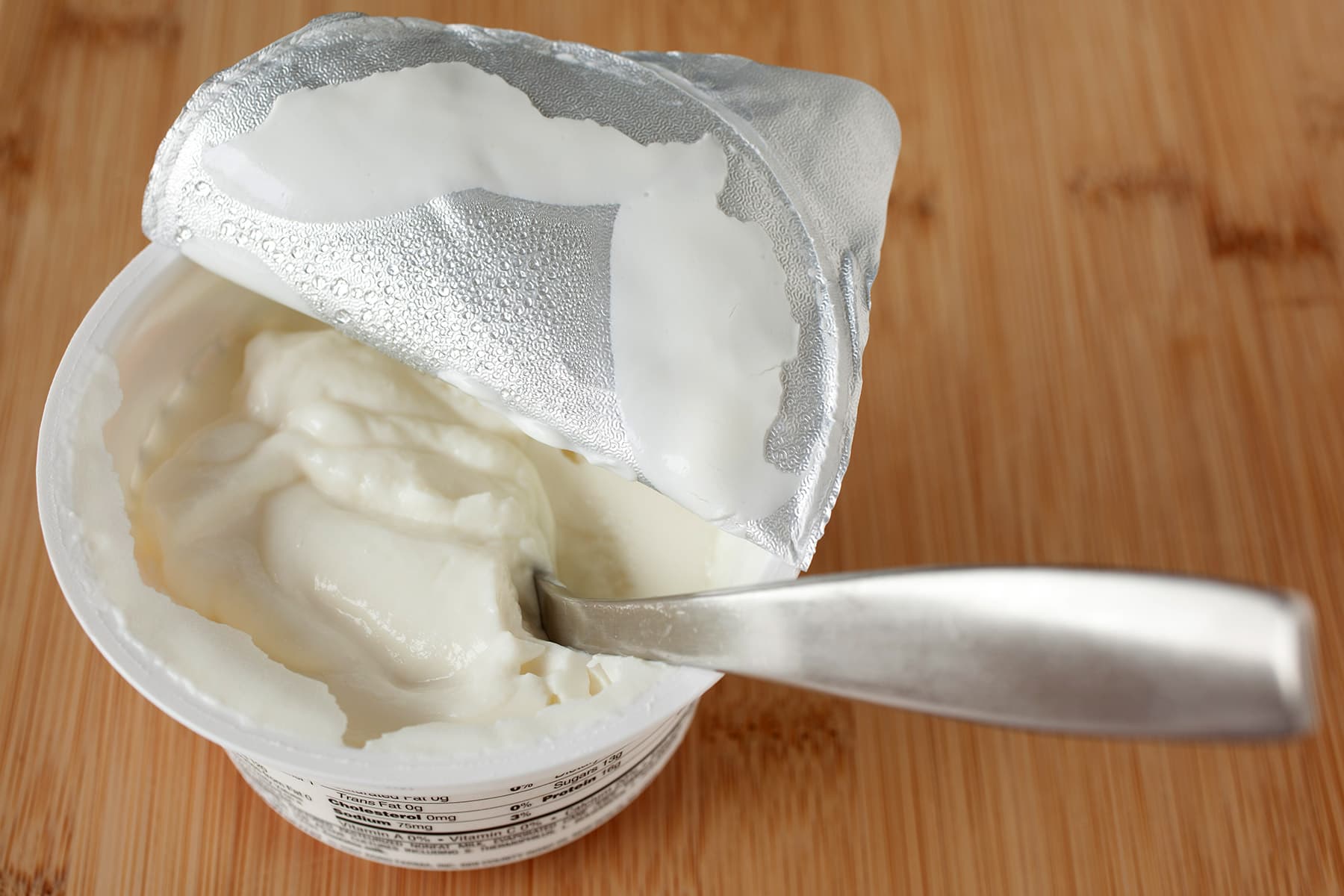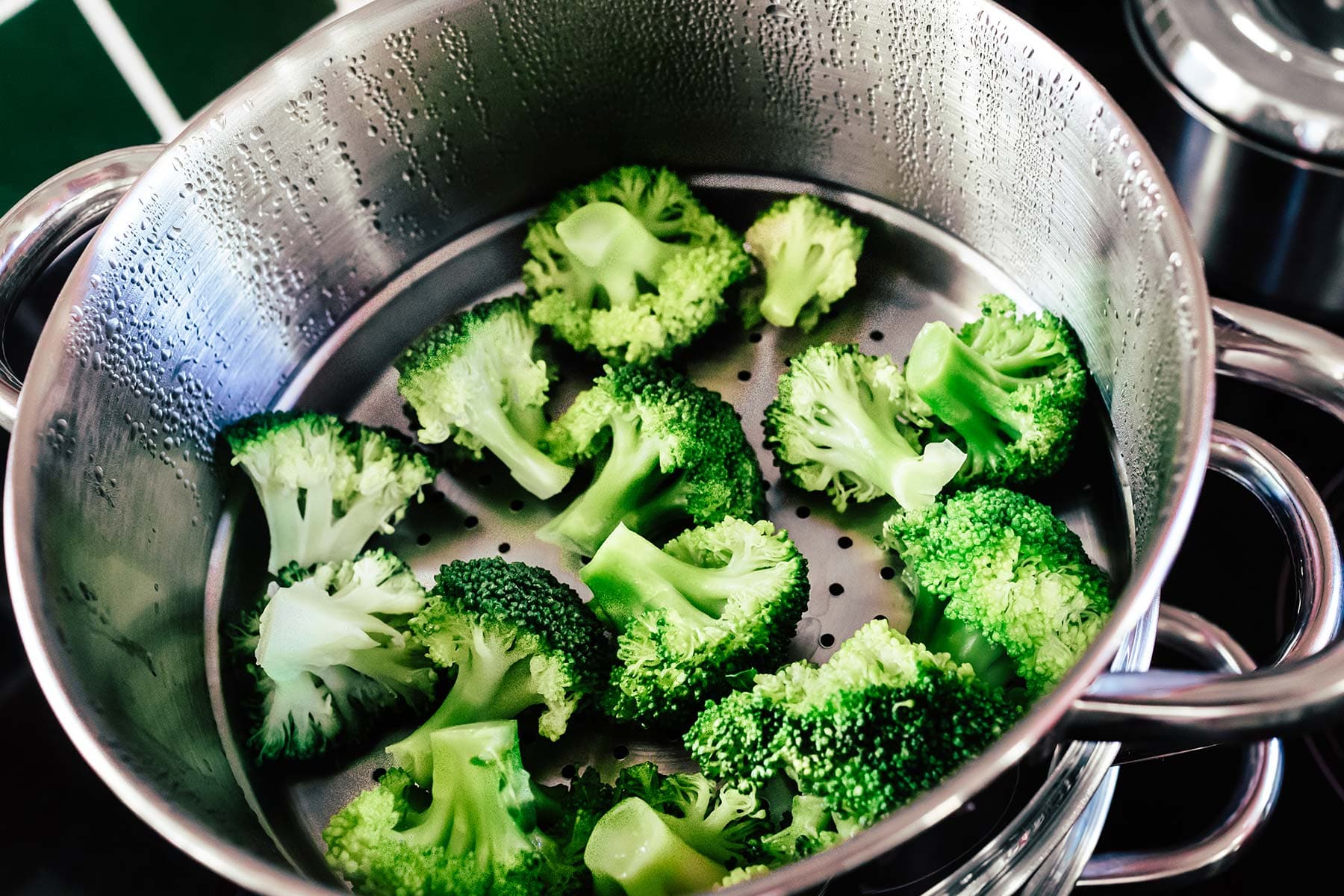Nutritional Tips for Children and Teens with Ulcerative Colitis

Sources Medically Reviewed on 11/29/2022 Reviewed by Minesh Khatri, MD on November 29, 2022
IMAGES PROVIDED BY:
1. Getty
2. Getty
3. Getty
4. Getty
5. Getty
6. Getty
7. Getty
8. Getty
9. Getty
10. Getty
SOURCES:
Dana Dykes, MD, Children’s Center for Digestive Healthcare; GI Care for Kids.
Benjamin D. Gold, MD, Children’s Center for Digestive Healthcare; GI Care for Kids.
Seattle Children’s: “Ulcerative Colitis,” “David L. Suskind, MD.”
Nutrition in Immune Balance (NiMBAL): “SCD Truisms,” “Downloadable Papers,” “What is SCD and a nutritionally balanced diet?”
American Dietetic Association: “Crohn’s Disease and Ulcerative Colitis Nutrition Therapy.”
Crohn’s & Colitis Foundation: “What Should I Eat?”
The American Journal of Gastroenterology: “Effect of a probiotic preparation (VSL#3) on induction and maintenance of remission in children with ulcerative colitis.”
KidsHealth: “Ulcerative Colitis,” “504 Education Plan.”
Cleveland Clinic: “Ulcerative Colitis.”
Government of Canada: “Oral Rehydration Solutions.”
Mayo Clinic: “Prebiotics, probiotics and your health.”
Current Opinion in Gastroenterology: “Prebiotics and synbiotics: Dietary strategies for improving gut health.”
CICRA: “Psychological Issues.”
Reviewed by Minesh Khatri, MD on November 29, 2022
This tool does not provide medical advice. See additional information.
THIS TOOL DOES NOT PROVIDE MEDICAL ADVICE. It is intended for general informational purposes only and does not address individual circumstances. It is not a substitute for professional medical advice, diagnosis or treatment and should not be relied on to make decisions about your health. Never ignore professional medical advice in seeking treatment because of something you have read on the WebMD Site. If you think you may have a medical emergency, immediately call your doctor or dial 911.
Health Solutions From Our Sponsors
- Penis Curved When Erect?
- Could I have CAD?
- Treat Bent Fingers
- Treat HR+, HER2- MBC
- Tired of Dandruff?
- Benefits of CBD
- Rethink MS Treatment
- AFib-Related Strokes
- Risk of a Future DVT/PE
- Is My Penis Normal?
- Relapsing MS Options
- Liver Transplants Save Lives
- Finance Plastic Surgery
- Bent Finger Causes
- Living With Psoriasis?
- Missing Teeth?











